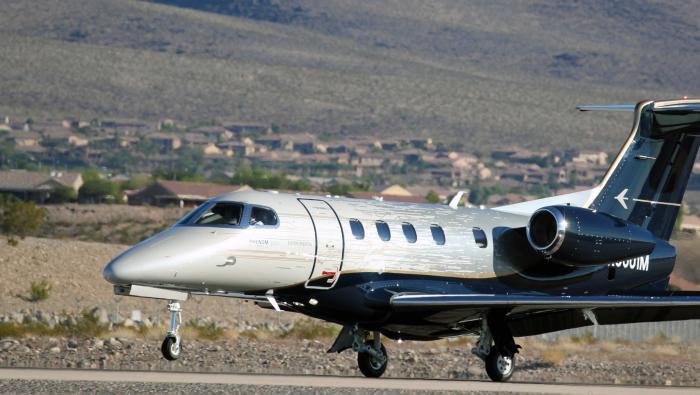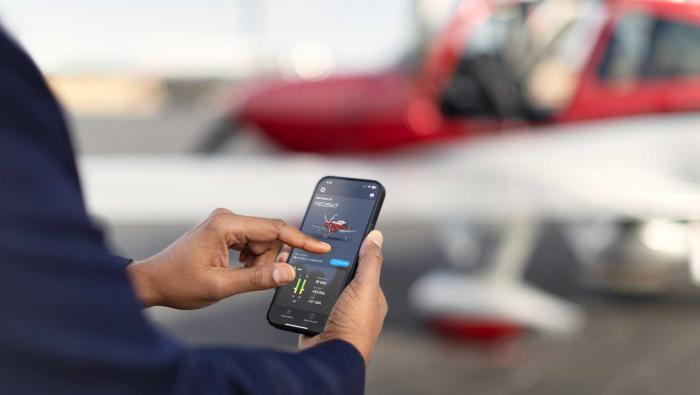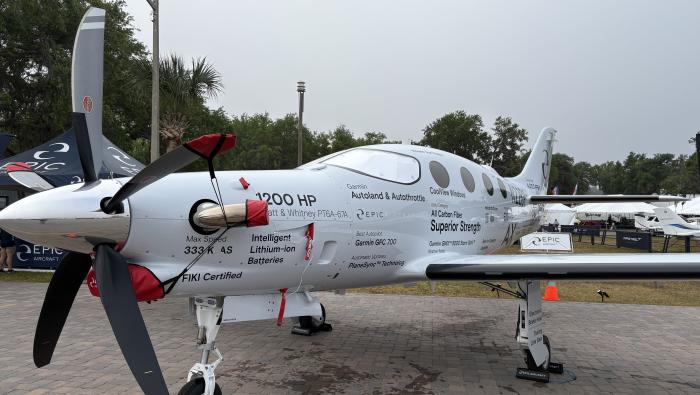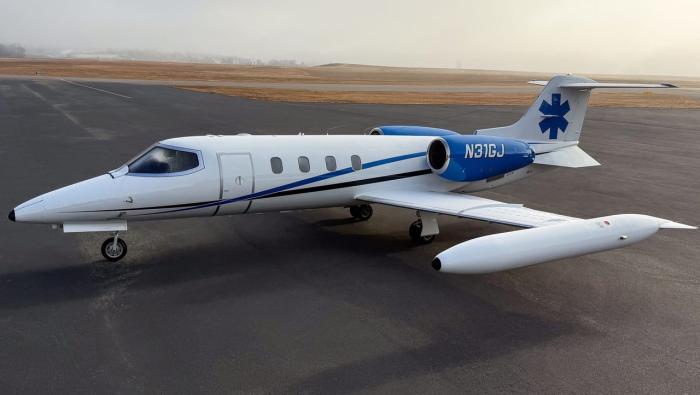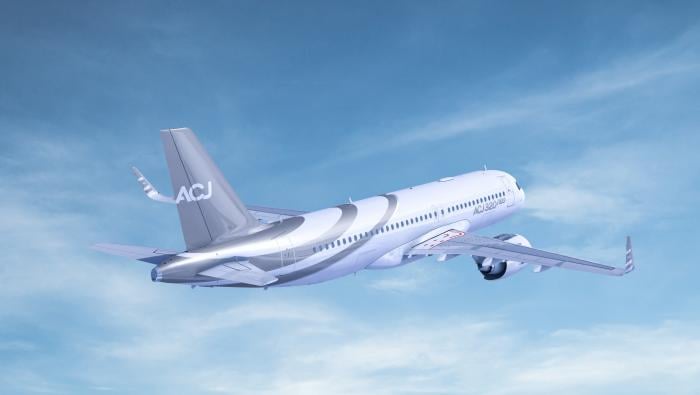BAE Systems Aircraft Services Group is looking to build on the success of the deal it forged at the NBAA show last year, when it announced a lease agreement for 10 pre-owned Jetstream 32 twin-turboprops to Corporate Aircraft Partners (CAP). The Cartersville, Ga.-based operator has just received the sixth aircraft for its fractional-leasing program. The 19-seat commuters were converted to 10- to 12-seat configurations for the new service.
CAP is offering companies and individuals shared use of the Jetstreams without having to take any actual equity in the aircraft, as is the case with orthodox fractional ownership. All lease costs are borne directly by the operator.
According to the rates announced last year, customers pay $75,000 a year to become program members, plus $25,000 per month for aircraft management and then $750 for each occupied flight hour. The operation is committed to meeting flight bookings with at least six hours lead time.
The CAP program is one of a growing number of business aviation applications for the out-of-production Jetstream family. As demand for small turboprop transport softens in the regional airline sector, BAE is primarily looking to sell Jetstreams from its leasing portfolio, but it will consider lease requests from corporate and executive charter operators.
Smyrna, Tenn.-based Corporate Flight Management (CFM) recently signed a lease agreement for its sixth Jetstream for a charter operation that includes among its clients a Fortune 500 firm, students from the Tennessee School for the Deaf and various sports teams. The all-Jetstream fleet now includes two 19-seat J32s, two 12-seat J31s and a pair of 10-seat J31s.
Canadian operator Swan Aero 2000 has bought a Jetstream 31 to fly clients each week to custom-planned fishing boat excursions. The company is based in Grand Prairie, Alberta.
According to Michael Canzian, senior v-p of asset management and support solutions for BAE Systems in the U.S., residual values of corporate-configured Jetstream 31/32s have remained fairly stable at $1.3 million to $1.5 million, despite the softening of demand among regional airlines. Generally, BAE is looking for a five-year term for lease clients, with rates varying according to the age and configuration of the aircraft, plus the level of direct cost to be borne by the operator. He admitted that CAP’s fractional-leasing concept (essentially based on a series of fragmented subleases) had proved to be “challenging” for both companies’ legal teams.
On current airline lease portfolio projections, BAE expects to have about 20 Jetstreams available annually over the next two years. The majority of these will be J32s, with “negligible” numbers of the J31 being in continued circulation.
A limited number of the 30-seat Jetstream 41 regional airliners are also available. However, Canzian told Aviation International News that most customers interested in an aircraft of this size would likely be in the market for a business jet. In the corporate shuttle market, the J41 competes with the Saab 340 twin-turboprop, which the Swedish manufacturer is now offering through a joint venture with Piedmont Hawthorne.
In fact, CAP has already said it is interested in adding 18-seat J41s to its fleet next year. It also intends to increase its J32 fleet to 20 by the end of 2003.
The J31/32s have max cruise speeds of 258 kt, while the J41 can achieve 295 kt. In corporate configurations, both types offer range of more than 1,200 nm, but in practice, suggested Canzian, most operators would likely not exceed sectors of two to three hours.
Raytheon’s Beech King Air 200 turboprop is viewed as the most direct competitor to the corporate J31s and J32s. According to BAE, the Jetstreams sell for up to $1 million less than the King Airs and offer up to three times longer service life. With a cabin height of 5 ft, 11 in. the J31/32 provides 14 in. more headroom and also boasts 70 percent more cabin volume with 600 cu ft.
Canzian commented that while even the faster turboprops are undoubtedly losing ground to jets in the regional airline arena, “the NBAA audience” is becoming more receptive to the benefits of better operating costs and airfield performance. He said that as it approaches middle age, the Jetstream family’s operating costs have remained “relatively stable.”
BAE is set to announce new approved vendors for the corporate modifications to the Jetstream interiors. Usually the work, which is conducted under STCs, is paid for by the client. With the exception of CAP, such extensive modification is not normally available to leasing customers.
BAE is also marketing corporate uses of its four-engine 146/ Avro RJ family of regional jetliners under the name Avro Business Jet (ABJ). Starting next year, new versions of the ABJ will enter production, incorporating the performance improvements derived from the Avro RJX featuring Honeywell’s new AS977 engines. In addition to lower operating costs and improved airfield performance, the ABJ will offer corporate operators range of up to 2,750 nm.
In Europe, the company that runs the Formula One auto racing championship operates a pair of BAE 146-100s out of London Biggin Hill Airport. They are used for corporate-shuttle operations to carry its personnel between racing circuits throughout Europe and in North and South America.
